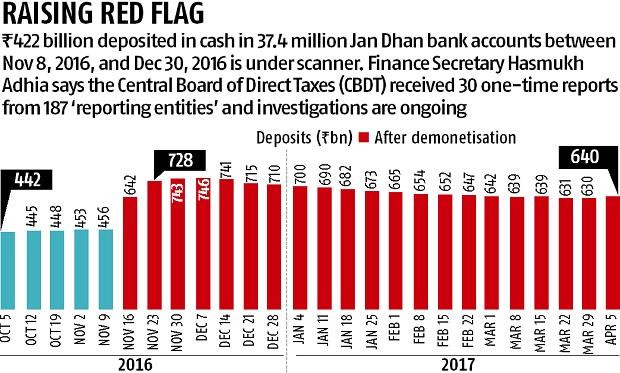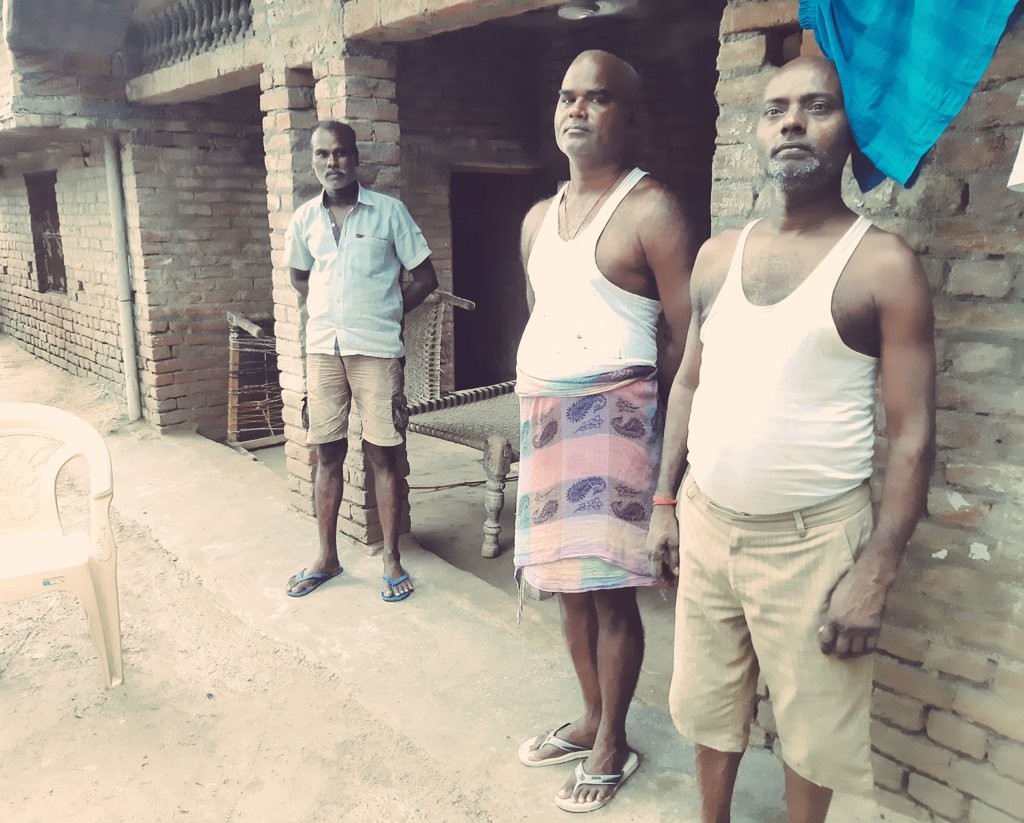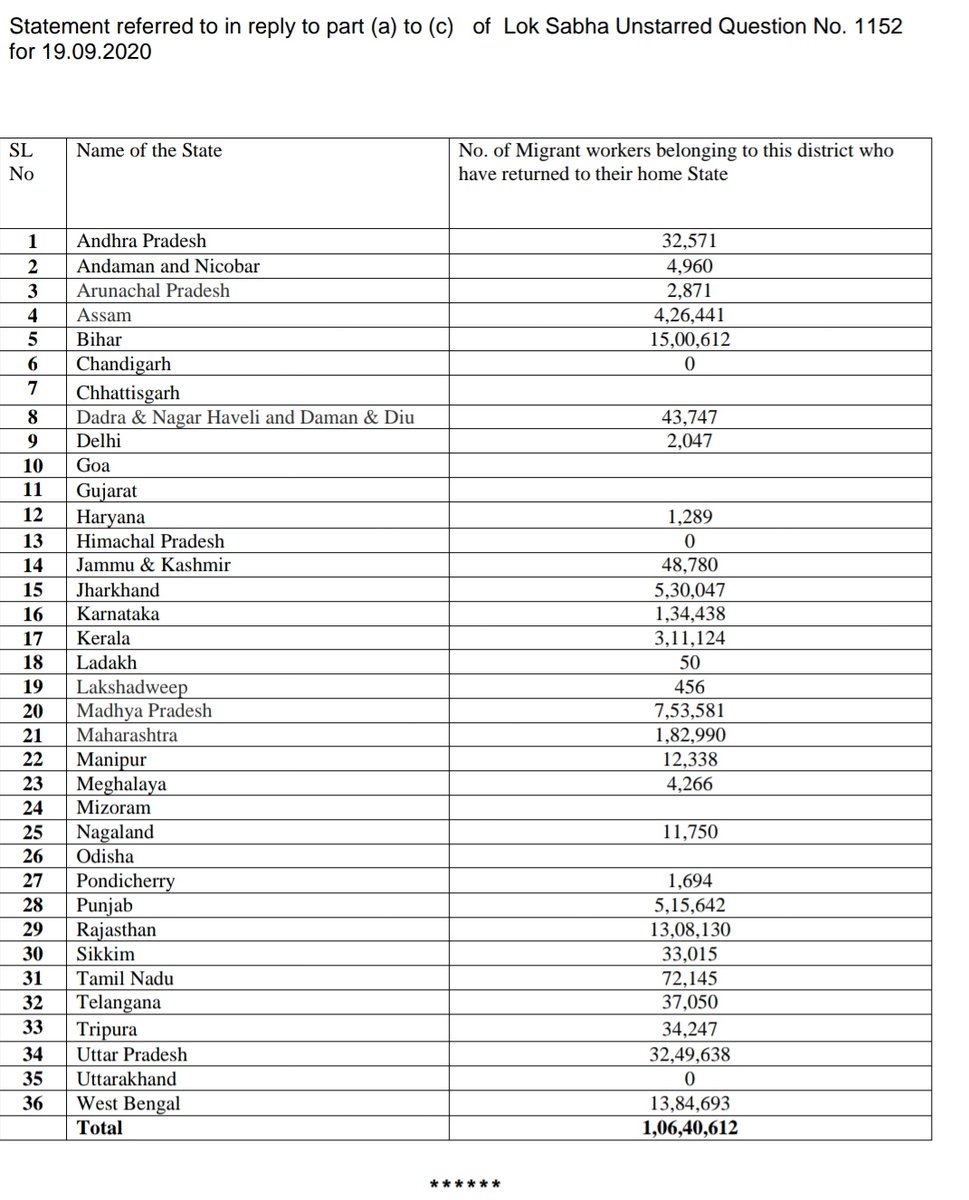
A personal update: Monday was my last day at Business Standard and I can truly count the past 3 years as the golden phase of my career, where I got the opportunity to not only report but also break some of the biggest news stories during this period.
From January, I will be writing for the @BloombergQuint.
Even though I will miss the adrenaline rush of finding my byline in the paper every morning, I am really excited about starting a new journey with a digital platform.
Even though I will miss the adrenaline rush of finding my byline in the paper every morning, I am really excited about starting a new journey with a digital platform.
In this thread, I am sharing some of the work that I did at @bsindia, which is close to my heart.
I wrote a series of stories with @dilasha on how the cryptocurrency players in India are surviving in a hostile regulatory climate.
business-standard.com/article/market…
business-standard.com/article/market…
In Feb 2018, I exposed how the government secretly commissioned a survey to two independent economists, giving them unauthorised access to private data of citizens only to establish ‘robust’ job creation.
business-standard.com/article/econom…
business-standard.com/article/econom…
State-owned PNB was hit by the country's biggest banking fraud.
This letter written by the finance ministry to the RBI became the first point of friction between the govt and the regulator. (Ultimately, Urjit Patel had to step down as the RBI Guv)
business-standard.com/article/financ…
This letter written by the finance ministry to the RBI became the first point of friction between the govt and the regulator. (Ultimately, Urjit Patel had to step down as the RBI Guv)
business-standard.com/article/financ…
In Apr 2018, I broke the story about a currency crunch at ATMs in at least 8 Indian states. Why did this happen? Hint: demonetisation
This was followed by extensive coverage on the issue (the govt did acknowledge publicly that there was a cash crunch).
business-standard.com/article/econom…
This was followed by extensive coverage on the issue (the govt did acknowledge publicly that there was a cash crunch).
business-standard.com/article/econom…
I continued to dig into the PNB fraud & found this gem:
I reported how PNB (of all banks) didn't receive a crucial directive sent by the RBI in 2016 asking all lenders to strengthen their risk mechanism to avert fraud.
The story about a missing e-mail
business-standard.com/article/financ…
I reported how PNB (of all banks) didn't receive a crucial directive sent by the RBI in 2016 asking all lenders to strengthen their risk mechanism to avert fraud.
The story about a missing e-mail
business-standard.com/article/financ…
The RBI vs government tussle was heating up. I wrote a series of stories on the friction points:
business-standard.com/article/econom…
business-standard.com/article/econom…
business-standard.com/article/econom…
business-standard.com/article/econom…
business-standard.com/article/financ…
business-standard.com/article/econom…
business-standard.com/article/econom…
business-standard.com/article/econom…
business-standard.com/article/econom…
business-standard.com/article/econom…
business-standard.com/article/financ…
business-standard.com/article/econom…
In September 2018, I reported how the government has found over 60% of the money deposited in 37 million Jan-Dhan accounts in the weeks following the note ban announcement in 2016 as “suspicious”
business-standard.com/article/econom…
business-standard.com/article/econom…

Politics of data was a project I took up in the past 3 years. The following stories aptly throw light on an ever-important issue:
A day before leaving office as NITI Aayog vice-chairman in 2017, Arvind Panagariya submitted the final report of the task force he chaired for recommending improvements in jobs data. The final report never saw the light of the day. Here are the details:
business-standard.com/article/econom…
business-standard.com/article/econom…
An official survey on jobs conducted in 2016-17 by the Labour Bureau (part of the labour and employment ministry) was never made public. Here are the findings of the report (this survey has been officially junked since then):
business-standard.com/article/econom…
business-standard.com/article/econom…
The biggest scoop of my career (yet). The unemployment rate rose to a 45-yr-high, a year before India went into elections. Shockingly, the Modi govt didn't officially release the findings of the report until it came back to power in the 2019 elections.
business-standard.com/article/econom…
business-standard.com/article/econom…
Some important analysis from the hidden report in the run up to the national elections:
business-standard.com/article/econom…
business-standard.com/article/curren…
business-standard.com/article/econom…
business-standard.com/article/econom…
business-standard.com/article/curren…
business-standard.com/article/econom…
Of course, the government initiated an inquiry to find out my sources but it was to no avail :)
scroll.in/article/944716…
scroll.in/article/944716…
Months later, I brought out the findings of another hidden survey report that showed consumer spending falling for the first time in over four decades.
business-standard.com/article/econom…
business-standard.com/article/econom…
The data hasn't been made public till date as the government decided to scrap the survey report the day we published the results.
More in this thread:
More in this thread:
https://twitter.com/someshjha7/status/1335785972500295680
I also did some ground reporting during the 2019 national elections:
business-standard.com/article/electi…
business-standard.com/article/electi…
business-standard.com/article/curren…
business-standard.com/article/electi…
business-standard.com/article/electi…
business-standard.com/article/curren…
I added on to @nit_set's stellar investigative work on electoral bonds to report how the finance ministry knew that there was a hidden serial number which could reveal the donor's identity
business-standard.com/article/financ…
business-standard.com/article/financ…
Last winter, I covered the anti-CAA protests. I went to the protest sites across Delhi almost everyday and wrote on the many voices leading the protests
business-standard.com/article/curren…
business-standard.com/article/curren…
I visited the riot-affected areas in Delhi with @ari_maj to bring out the horror stories of alienation, distrust and exodus that loomed in parts of the national capital early this year (the most difficult reporting assignment till date for me)
business-standard.com/article/curren…
business-standard.com/article/curren…
Then of course, there was a (COVID-19) lockdown.
I went to the ground to cover the plight of migrants:
business-standard.com/article/curren…
business-standard.com/article/curren…
business-standard.com/article/econom…
business-standard.com/article/econom…
business-standard.com/article/econom…
business-standard.com/article/econom…
I went to the ground to cover the plight of migrants:
business-standard.com/article/curren…
business-standard.com/article/curren…
business-standard.com/article/econom…
business-standard.com/article/econom…
business-standard.com/article/econom…
business-standard.com/article/econom…
Many states swung into action to do away with labour laws this year. Here's an extensive coverage:
business-standard.com/article/econom…
business-standard.com/article/econom…
business-standard.com/article/curren…
business-standard.com/article/econom…
business-standard.com/article/econom…
business-standard.com/article/econom…
business-standard.com/article/econom…
business-standard.com/article/econom…
business-standard.com/article/econom…
business-standard.com/article/curren…
business-standard.com/article/econom…
business-standard.com/article/econom…
business-standard.com/article/econom…
business-standard.com/article/econom…
I wrote extensively on the labour law changes and its impact....
business-standard.com/article/econom…
business-standard.com/article/econom…
business-standard.com/article/econom…
business-standard.com/article/econom…
...while also highlighting the issues in the labour laws:
business-standard.com/article/econom…
business-standard.com/article/compan…
business-standard.com/article/econom…
business-standard.com/article/econom…
business-standard.com/article/econom…
business-standard.com/article/econom…
...while also highlighting the issues in the labour laws:
business-standard.com/article/econom…
business-standard.com/article/compan…
I am thankful to everyone - my present and former colleagues and editors at @bsindia, industry colleagues, readers, whistle-blowers and everyone who helped give shape and add value to my work. I look forward to your love and support as I embark on this new journey :)
• • •
Missing some Tweet in this thread? You can try to
force a refresh











